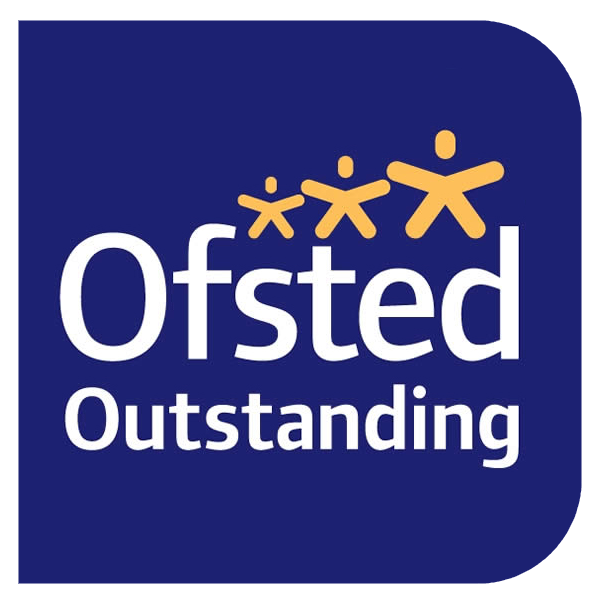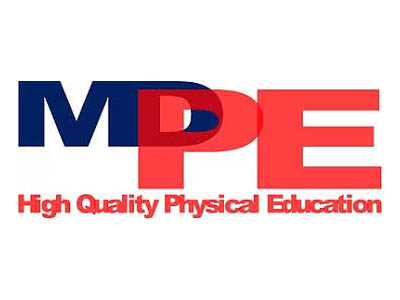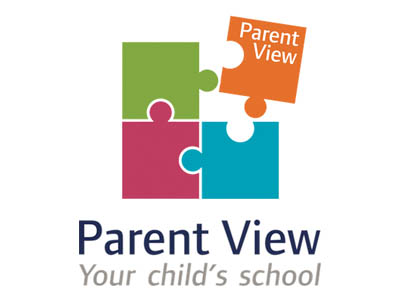Religion & World Views
Please click on the link below to find an overview of our Religion and World Views curriculum.
Religion and World Views Curriculum Overview
Intent
At our school, we believe our Religion and World Views Education provides opportunities to promote an ethos of respect for others, building an understanding of other cultures and beliefs. This contributes to promoting our positive and inclusive school ethos that champions human rights, spirituality and morality.
Religious Education is a compulsory subject of the National Curriculum and develops knowledge and understanding of the religions and beliefs which form part of contemporary society. Our Religious Education curriculum is carefully sequenced to ensure that our pupils are enabled to know about religions as well as learn from religions.
Hummersea Primary’s Religion and World Views Curriculum contributes to our children’s personal development, well-being and spiritual growth. It supports community cohesion by promoting mutual respect and tolerance in a diverse society. We embrace the British values and promote these throughout school allowing our children to recognise these qualities in all that they do.
Our curriculum aims to develop deep thinkers who are open-minded about religion and worldviews. Our R&W curriculum is relevant to pupils, reflecting and preparing them for life in modern Britain. Through the scheme, children will secure a deep understanding of concepts in order to be able to make connections, ask and respond to challenging questions, learn to respect and appreciate worldviews that are different to their own and consider their personal preconceptions, responses and views.
Implementation
Our scheme has the following three strands running through it:
✔ Substantive knowledge (conceptual and worldviews related).
✔ Disciplinary knowledge.
✔ Personal knowledge.
These strands are interwoven across all units to create lessons that build children’s conceptual knowledge and understanding of religion and worldviews (substantive knowledge) and use a range of disciplinary lenses (ways of knowing). Children will also be equipped to explore and express their preconceptions, personal worldviews and positionality (personal knowledge) through varied and engaging learning experiences.
Our Religion and worldviews scheme follows the spiral curriculum model, where units and lessons are carefully sequenced so that previous conceptual knowledge is returned to and built upon. Children progress by developing and deepening their knowledge and understanding of substantive and disciplinary concepts by experiencing them in a range of contexts.
In EYFS, children begin to talk about the beliefs of their immediate family and community, recognising that people have different beliefs and celebrate special times in different ways. They listen to religious and modern day stories and compare and contrast characters, including figures from the past. Children develop their awareness of religion and worldviews in Key stage 1, focusing on conceptual knowledge through the study of a limited range of religions and worldviews represented in the UK, including Christianity. This will support children in building knowledge they can refer to throughout their learning in Key stage 2 while encountering a greater range of religions and worldviews and considering further the diverse nature of religious and non-religious lived experience.
Impact
Our pupils will be prepared for life in modern Britain, being able to interact with others from different religious and non-religious viewpoints in a respectful, knowledgeable and open-minded way. They will be curious learners who ask questions and make connections, confident to explore their personal worldview and have the skills to appreciate, evaluate and respond to religious, philosophical and ethical questions.
The expected impact of Religion and worldviews scheme curriculum is that children will:
- Meet the relevant Early learning goals at the end of EYFS (Reception) and the End of Key stage 1 and Key stage 2 requirements from the Curriculum framework for Religious Education for England.
- Know and understand religious concepts relating to beliefs, practices, community and belonging, and wisdom and guidance.
- Develop an understanding of the influence of organised and personal worldviews on individuals, communities, countries and globally.
- Understand some of the ways religions and worldviews are studied (disciplinary knowledge).
- Develop understanding of their relationship with the content studied, being able to talk about their assumptions and preconceptions (personal knowledge).
- Build secure vocabulary which allows them to talk confidently and fluently about their learning.
- Answer questions about worldviews through an enquiry-based approach including investigating, interpreting, evaluating, applying and expressing.
- Talk about the similarities and differences between their own and others’ beliefs with respect and open mindedness.
- Understand the lived experiences of religious and non-religious worldviews to be diverse within and between people and communities.
- Develop an understanding of the ways in which personal and organised worldviews may develop and change across time and place.








